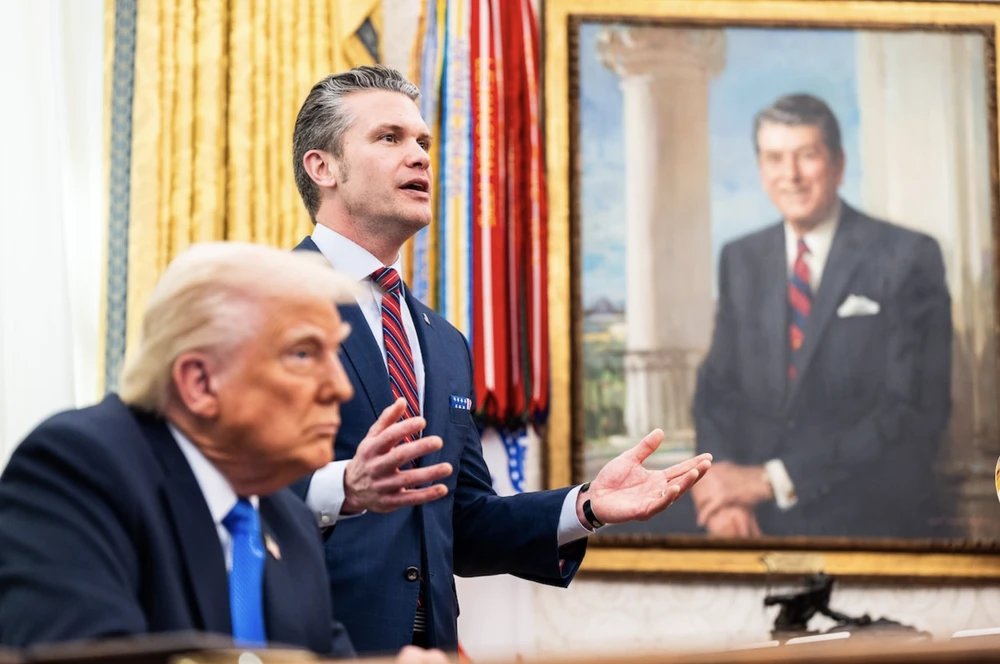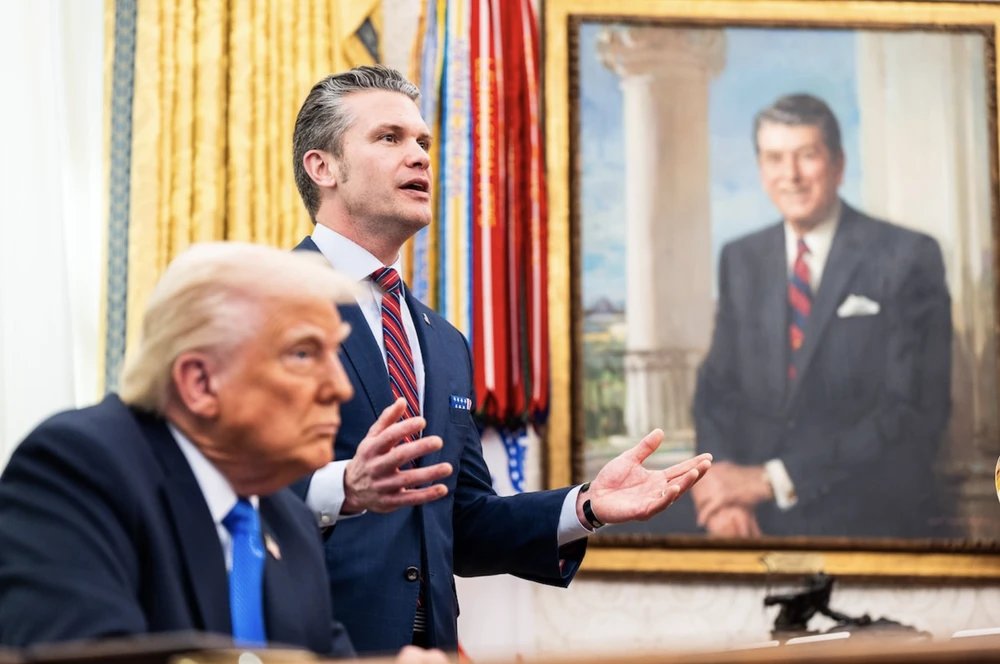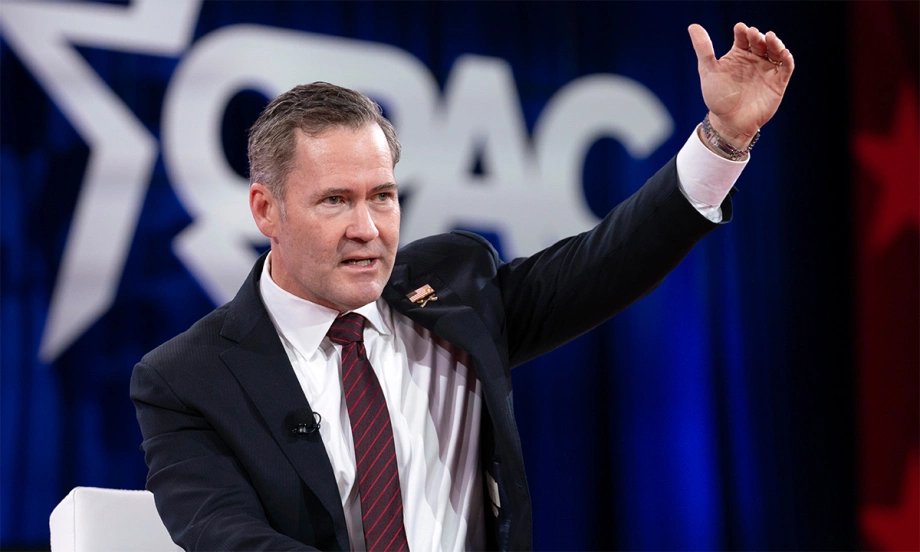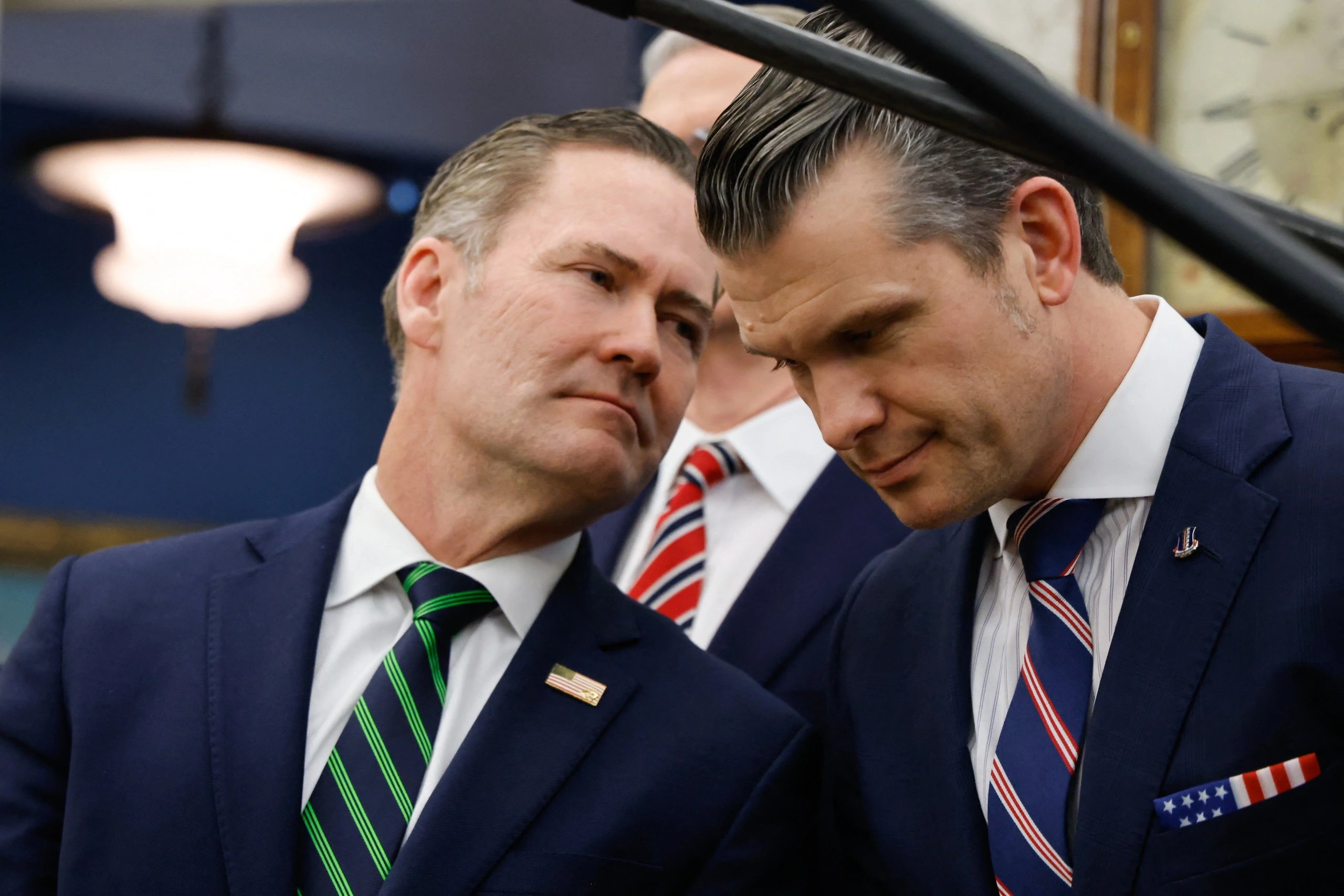
The use of personal email for official government work has long been a controversial issue, raising concerns about security, transparency, and accountability. Recently, a high-ranking U.S. advisor was found to be using personal email to conduct official business, sparking renewed debates on the risks associated with this practice. This revelation has prompted discussions about potential breaches of cybersecurity, violations of legal protocols, and the broader implications for public trust in government institutions.
In an era where digital security is paramount, government officials are expected to follow strict communication protocols to protect sensitive information. The use of personal email accounts to conduct official government affairs raises serious ethical and legal questions. This article delves into the implications of using personal email for government work, its legal and ethical ramifications, historical precedents, cybersecurity risks, and potential solutions to address this growing concern.

## The Issue at Hand
Reports indicate that a senior U.S. advisor has been relying on a personal email account for work-related communications. This revelation has raised questions about compliance with government policies, as well as potential breaches of cybersecurity protocols. While personal email use in government is not new, each instance reignites concerns about sensitive information being exposed to cyber threats and potential misuse.
The advisor’s decision to use a personal email account has sparked debates among lawmakers, cybersecurity experts, and the general public. Many argue that such practices undermine the integrity of government institutions by circumventing established security protocols and legal frameworks designed to ensure transparency and accountability.
Furthermore, the use of personal email for government work may result in the mishandling of classified or sensitive information. Personal email servers often lack the sophisticated security infrastructure found in official government communication systems. As a result, they are more susceptible to cyberattacks, hacking attempts, and unauthorized access by malicious actors.
## Legal and Ethical Concerns
### 1. **Violation of Federal Policies**
The U.S. government has strict regulations governing official communication, including the Federal Records Act and the Presidential Records Act, which mandate the proper archiving of government-related emails. Using a personal email account circumvents these rules, leading to potential loss of important records and hindering government transparency.
The Federal Records Act requires all government-related communications to be properly recorded and stored to ensure accountability and historical documentation. When officials use personal email accounts, they bypass these legal requirements, making it difficult to track and retrieve important correspondences when necessary. This lack of proper documentation raises concerns about potential attempts to hide or delete crucial information.

### 2. **Cybersecurity Risks**
Personal email accounts often lack the robust security measures that government systems have. This makes them vulnerable to hacking, phishing, and other forms of cyberattacks. In recent years, several high-profile breaches have demonstrated the dangers of using unsecured email services for sensitive government correspondence.
Hackers and foreign adversaries often target government officials in an attempt to gain access to classified information. By using personal email accounts, officials increase the risk of cyber espionage, data leaks, and national security threats.
Additionally, personal email accounts are often linked to various third-party services, making them susceptible to data breaches. Unlike government-protected communication systems, personal emails are not monitored for suspicious activities or unauthorized access, increasing the likelihood of confidential data falling into the wrong hands.
### 3. **Lack of Accountability and Transparency**
One of the primary concerns regarding personal email use for official work is the potential for avoiding oversight. Official government systems have mechanisms in place to ensure that communications are documented and accessible for audits and investigations. Using personal email can lead to accusations of misconduct, as it can obscure important details from public records.
The use of personal email accounts raises suspicions that officials may be attempting to avoid public scrutiny or legal repercussions. If government-related correspondences are not properly recorded, it becomes difficult for watchdog organizations, journalists, and the public to hold officials accountable for their actions. This lack of transparency erodes public trust in government institutions and weakens democratic accountability.

## Historical Precedents
Several past cases highlight the ongoing issue of government officials using personal email for work-related purposes:
– **Hillary Clinton’s Email Scandal (2015):** The former Secretary of State faced intense scrutiny for using a private email server for official business, raising concerns about classified information being mishandled. The controversy led to extensive investigations and public debates over cybersecurity and transparency in government communications.
– **Ivanka Trump and Jared Kushner (2019):** Reports surfaced that both senior White House advisors had used personal email accounts for official communications, prompting calls for investigations into potential security risks. Critics argued that their actions undermined efforts to promote government accountability and ethical conduct.
– **EPA Administrator Scott Pruitt (2018):** Allegations emerged that he used private email for official work, adding to concerns about transparency and compliance with record-keeping laws. His actions fueled debates about ethical standards within the Environmental Protection Agency and broader government institutions.
## Impact on Public Trust
Government officials are expected to adhere to strict ethical standards to maintain public confidence. When advisors and officials use personal emails for work, it raises doubts about their commitment to transparency and accountability. The perception that rules are being circumvented can erode trust in government institutions and fuel skepticism about their integrity.
In a democracy, public trust is essential for the effective functioning of government institutions. When officials engage in questionable practices, such as using personal email for work-related matters, it creates an impression of secrecy and potential corruption. Citizens may begin to question whether their leaders are truly acting in their best interests or attempting to conceal information for personal or political gain.

## Possible Solutions
To prevent further misuse of personal emails for government work, several measures can be implemented:
### 1. **Stricter Enforcement of Policies**
Government agencies must ensure that all officials are aware of email usage policies and that violations result in strict consequences. Implementing clear guidelines and mandatory compliance training can help prevent future infractions.
### 2. **Improved Government Communication Systems**
Enhancing official email systems with better security, accessibility, and reliability can reduce reliance on personal accounts. Government agencies should invest in state-of-the-art cybersecurity measures to protect sensitive communications.
### 3. **Mandatory Cybersecurity Training**
Regular training sessions should be conducted to educate officials on the risks associated with personal email use and the importance of adhering to security protocols. Cybersecurity awareness programs can help mitigate potential threats and ensure compliance with best practices.
### 4. **Automatic Archiving of All Communications**
Policies should be reinforced to ensure that even if personal emails are used, they are automatically archived in government records. Implementing technology that tracks and records all government-related correspondences can enhance transparency and accountability.
## Conclusion
The use of personal email for official work continues to be a pressing issue in U.S. governance, with serious legal, ethical, and cybersecurity implications. While some officials justify this practice for convenience, the risks far outweigh the benefits. Addressing this issue requires stricter policies, better cybersecurity measures, and a commitment to transparency. Only by enforcing robust safeguards can the government maintain public trust and uphold its duty to accountability and national security.
Ensuring that all government officials adhere to proper communication protocols is crucial for maintaining the integrity of democratic institutions. As technology continues to evolve, so must the policies and safeguards designed to protect sensitive government information. By taking proactive steps to prevent misuse, the U.S. government can demonstrate its commitment to ethical governance and national security.


